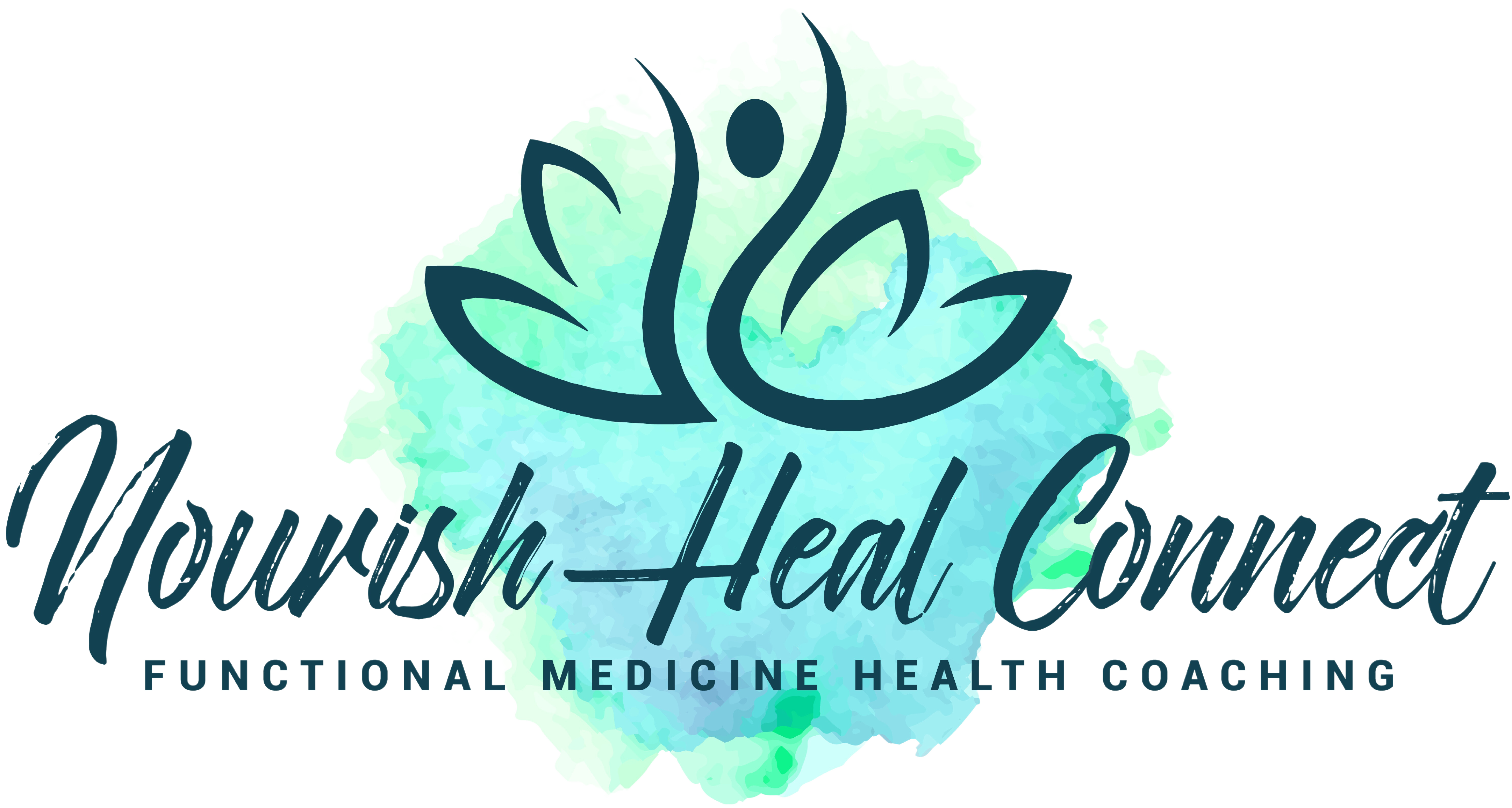Healing from a chronic illness is possible, even when there is no cure
One of the most empowering things that you can do for yourself in the face of a chronic disease diagnosis (or even if you are trying to prevent one) is to stop being at “WAR” with your body. We are often led to believe that our immune system has gone berserk and that our body has turned against us and this is particularly true in the case of autoimmune diseases. However, by treating our immune system (and our bodies) as our enemy, we are in fact shooting the messenger!
